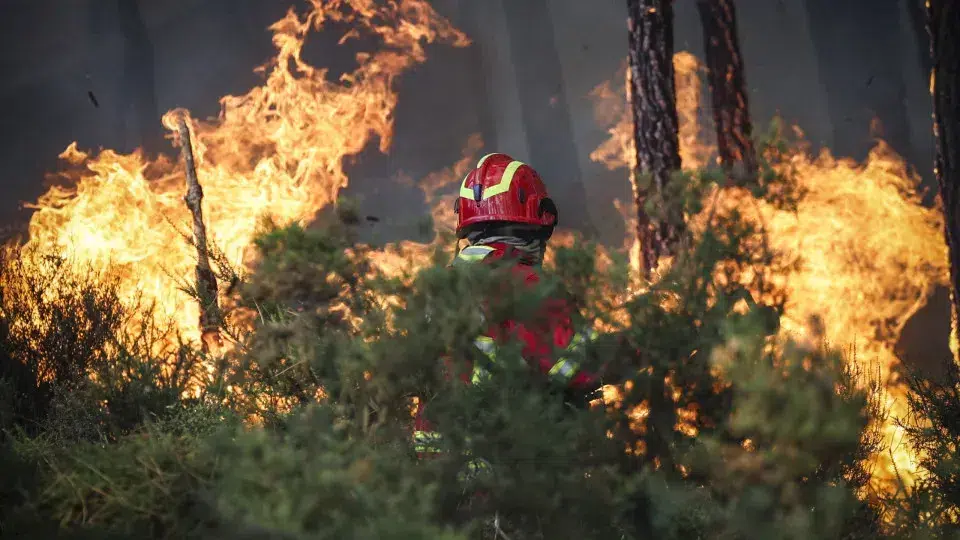
During a meeting of the Sub-Regional Operational Coordination Center, various entities gathered in Ourém, Santarém district, to assess the balance of the Special Device for Combating Rural Fires (DECIR). David Lobato stated that between January 1 and October 15, there were 206 incidents, resulting in 113,235 hectares burned in Médio Tejo.
The sub-regional command of Médio Tejo covers the municipalities of Abrantes, Alcanena, Constância, Entroncamento, Ferreira do Zêzere, Mação, Ourém, Sardoal, Tomar, Torres Novas, and Vila Nova da Barquinha.
By October 15, Ourém recorded the highest number of rural fires (69), followed by Abrantes (60), with the latter having the largest burned area (68,682 hectares).
Out of the total rural fires in this sub-region, 95 were intentional, 81 were caused by negligence, and four were cases of rekindling.
“Almost 50% of the incidents are intentional,” highlighted David Lobato, clarifying that, in this context, Ourém had the highest number (46), followed by Abrantes (25).
In cases of fires caused by negligence, Abrantes leads (25), followed by Ourém (16).
Only two out of the 206 fires had natural causes, according to the data released today.
Compared to the historical data from the past five years (2020-2024), Médio Tejo had 19% fewer rural fire incidents and 95% less burned area compared to the annual average of this period.
According to David Lobato, 2025 is also the second year with the fewest incidents and the least burned area since 2020.
The best year in terms of rural fires (201) was 2021, also with less burned area (87.43 hectares).
Conversely, the worst year was 2020 (313 rural fires), but in terms of burned area, it was 2022 with 8,066.85 hectares (292 fires).
During the meeting, the sub-regional commander of Médio Tejo highlighted measures of anticipation and monitoring, exemplifying with the pre-positioning of resources, reinforcement of teams, extension of surveillance periods, provision of technical means (trail machines, parish council kits, or water reservoirs), sending of SMS notifications, declaration of alert situations, daily meetings of the Operational Coordination Center, and dissemination of warnings to the population via media, among other aspects.
“We win by anticipating,” summarized David Lobato, who also noted the absence of fatalities or serious injuries.
Speaking to journalists, the sub-regional commander recognized that “Médio Tejo has a major problem, which is ‘arson’.”
Considering that “extraordinary work” has been done by the National Republican Guard, Judicial Police, and Ignition Reduction Group (composed of members of those police forces and the Institute for Nature Conservation and Forests), with suspects identified and detained, especially in Ourém, David Lobato admitted the need to “invest even more in awareness with municipalities, going to the parishes and, perhaps, below the parishes, to the villages themselves.”
Regarding combat work, he emphasized the importance of “a dispersion of resources across the entire territory” with pre-positioned teams, stating that this is why Médio Tejo did not experience major fires this year, further noting that this region has been “reducing the number of ignitions and also the burned area.”




